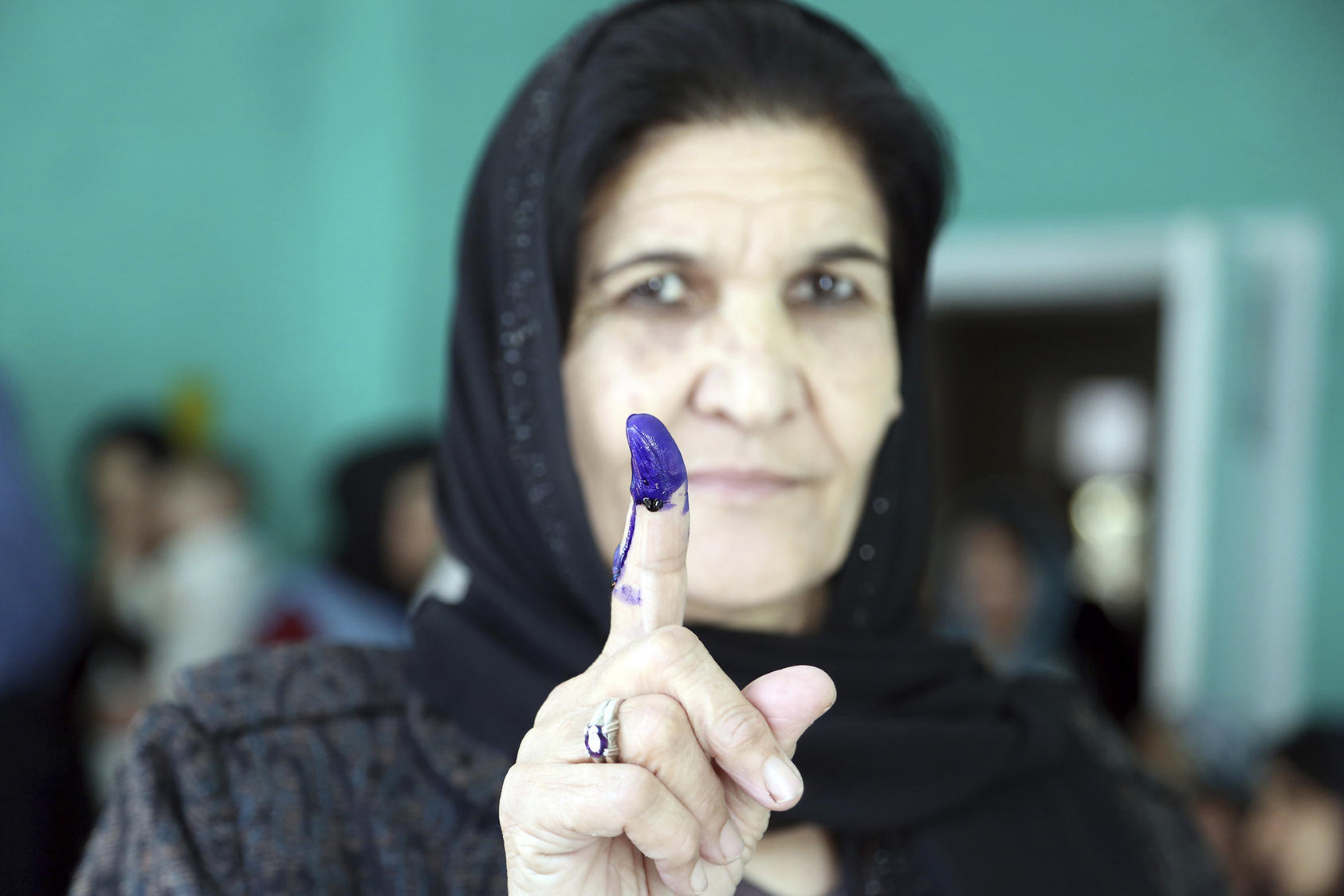Legislature and Legislative Elections in Afghanistan: An Analysis
Afghanistan’s newest Wolesi Jirga—the lower house of the National Assembly—boasts a younger and more educated membership than those elected in either 2005 or 2010. Its representativeness, however, is uneven and problematic. This report offers a comparative profile of the Wolesi Jirgas elected in 2005, 2010, and 2018, highlighting issues salient to the reforms Afghanistan needs to undertake if it is to hold credible national elections that yield truly representative elected institutions.

Summary
- Afghan legislative elections in 2005, 2010, and 2018 have each fallen short of producing a legislature that adequately represents the country’s population.
- Electoral fraud, low voter participation, elected candidates’ tiny vote shares, and imbalance in representation between major urban centers and rural areas raise serious questions about the representativeness of the Wolesi Jirga.
- A significant factor in the lack of representativeness of the Wolesi Jirga is the country’s use of the single nontransferable vote (SNTV) system to conduct its elections.
- The SNTV system, quota provisions for female candidates, and the large number of contesting candidates all contribute to a dynamic in which winning candidates collectively received less than 50 percent of the vote in most provinces in the 2018 elections.
- At the individual candidate level, winning candidates rarely received more than 10 percent of the total vote in 2018, and won their races by razor-thin margins.
- In addition to creating a secure environment in which to conduct elections, Afghanistan needs to adopt an electoral system that converts votes into seats more efficiently and encourages the meaningful participation of political parties in national elections.
About the Report
Based on a quantitative analysis of voting data from Afghanistan’s parliamentary elections in 2005, 2010, and 2018, this report offers a comparative profile of who has won parliamentary seats in the lower house of the Afghan National Assembly and highlights questions regarding the fairness of representation in that body. The research was supported by the Asia Center at the United States Institute of Peace.
About the Author
A. Farid Tookhy is a senior consultant on elections, government, and politics. He has served as an adviser on electoral and political affairs with the United Nations in Afghanistan, Sudan, and South Sudan. He holds an M.A. in international affairs from Tuft University’s Fletcher School and a PhD in political science and government from Georgetown University.



